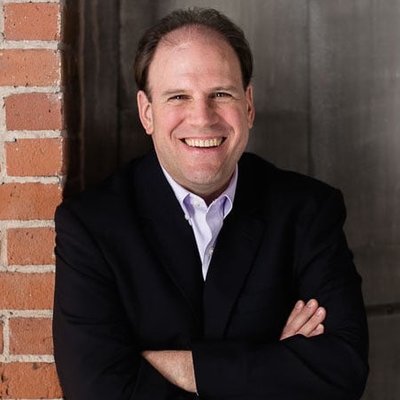Charles Starrett

Blog, links, and…
Culture consultant & social tech teacher/facilitator at SoulCo & Northeastern University. He/Him. Dad, Harvard and NEC alum, visual thinker, dabbler in ukulele, electronic music, 한국어, and TTRPGs.
RSS
Ego vs. Ego-centric
The ego is often misunderstood.
Talking about “big ego” as a bad thing or “lack of ego” as a good thing misses the point.
A healthy ego is essential for human survival and is a part of who we are. The ego is what motivates us to stand up for what matters to us. To defend our values, our friends, and our own bodies. To take care of our “self” and everything we see as being connected to ourselves.
The ego is part of being human. It’s no more of a problem than our need to eat and sleep. The problem comes when we become ego-centric and make everything about us.
It’s easy to look at someone who is always talking about how great they are and acting as if they are the most important person in the room as someone with a big ego. But what about the person who is always talking about how wonderful their friends are, or all the acts of self-sacrifice they make, or even proud of the fact that they are “egoless?”
Both of these people are acting in an ego-centric way. They act as if what their feelings, actions and opinions are more important than anyone else’s. They find a way to make everything about themselves, even when it seems like they’re focusing on someone else.
One consequence of ego-centric behavior is that it weakens our connection to other people. Relationships rely on a back-and-forth flow of connection, but the ego-centric person only gives what they want to give, and will take what they want to take, without considering the perspectives of those around them. They may say things that hurt other people without meaning to, and then defend themselves by declaring that they had good intentions. And that just sends the message that they don’t care what anyone else feels, except themselves.
Like all things human, it’s rarely this extreme or all-or-nothing. Sometimes we are more ego-centric than other times. When we’re under stress, for instance, it’s natural for our perspective to narrow and for us to focus more on ourselves.
The invitation is to notice. Notice where your attention is from moment-to-moment.
When someone else is talking, are you listening to what they’re saying, or what you’re thinking about what they’re saying? When someone tells a painful story do you jump in to tell a similar one to show “solidarity” (but shifting the focus to you), or do you simply listen and offer your support for what they are going through? When something bad happens, can you feel the impact on other people, as well as on yourself?
Notice also what happens in your relationships as you shift your attention from “ego” to “eco,” or from yourself, to the environment (and people) around you? Do you find people responding differently to you? Do you find yourself feeling differently about them?
Our ego is natural, necessary, and good. And if we want to have healthy relationships, it needs to make room for others, too.
23 June 2022